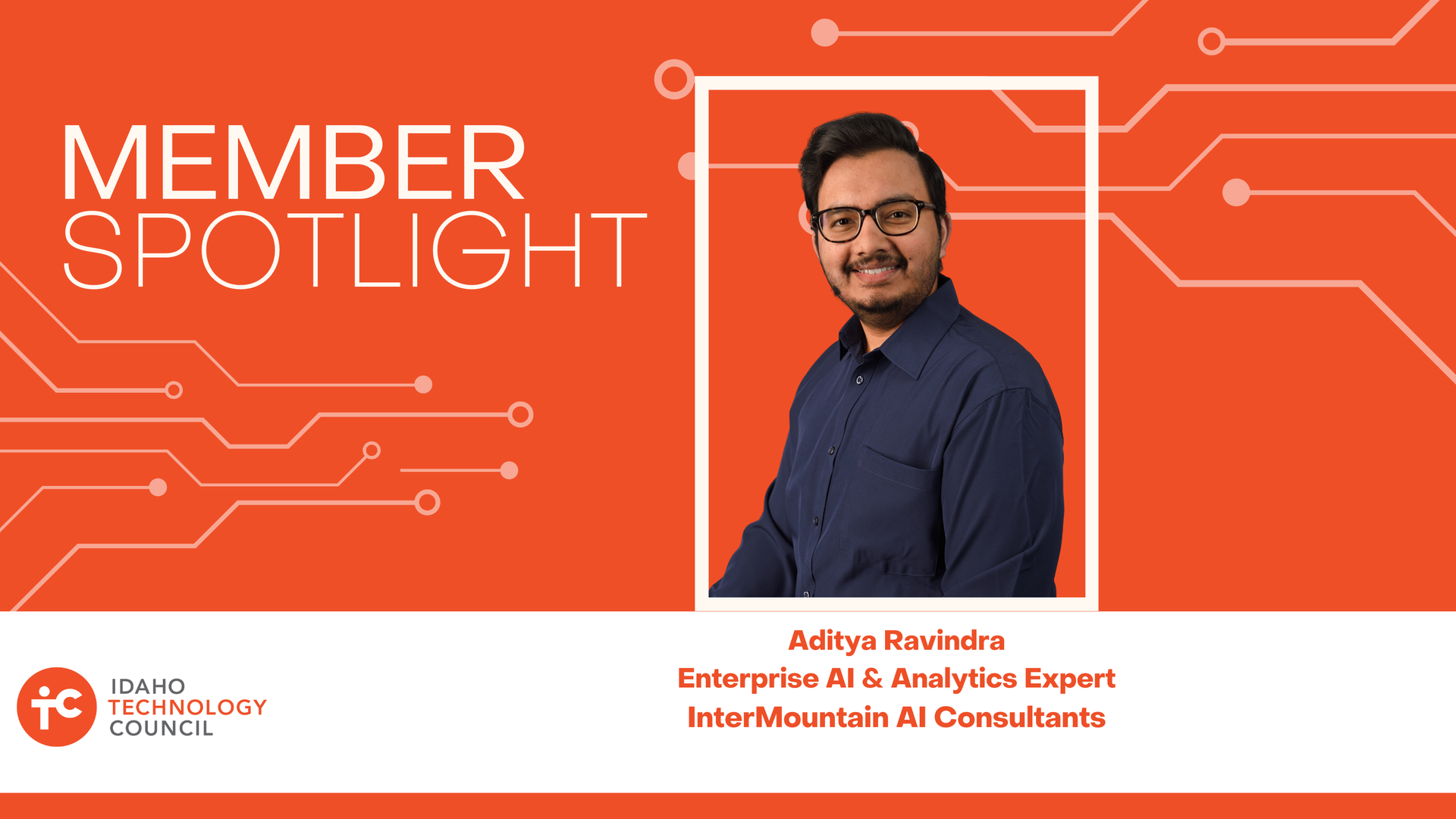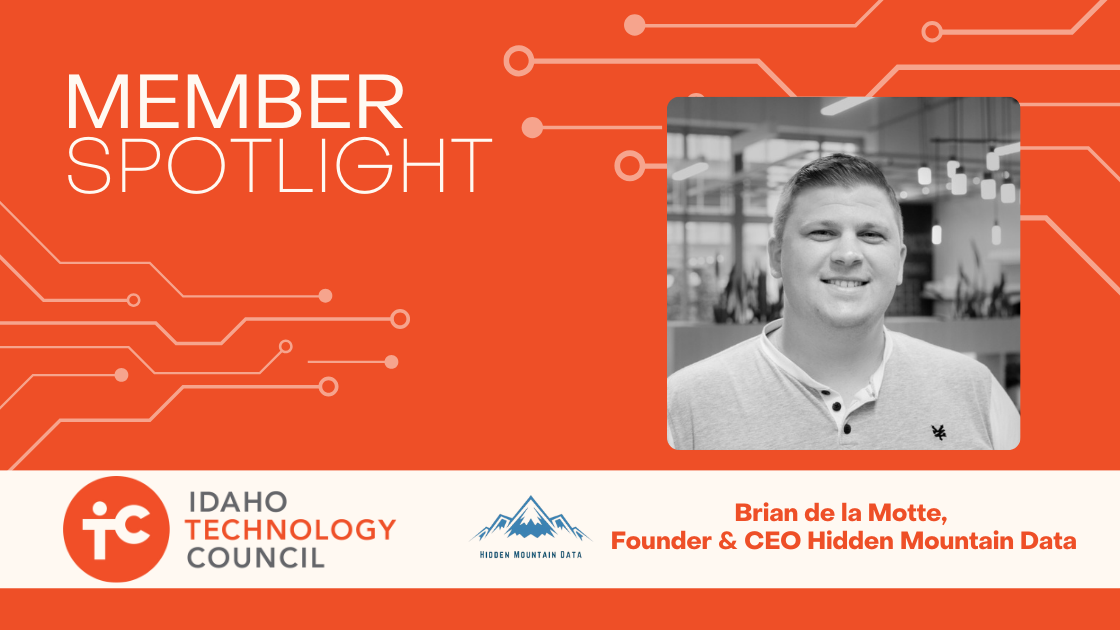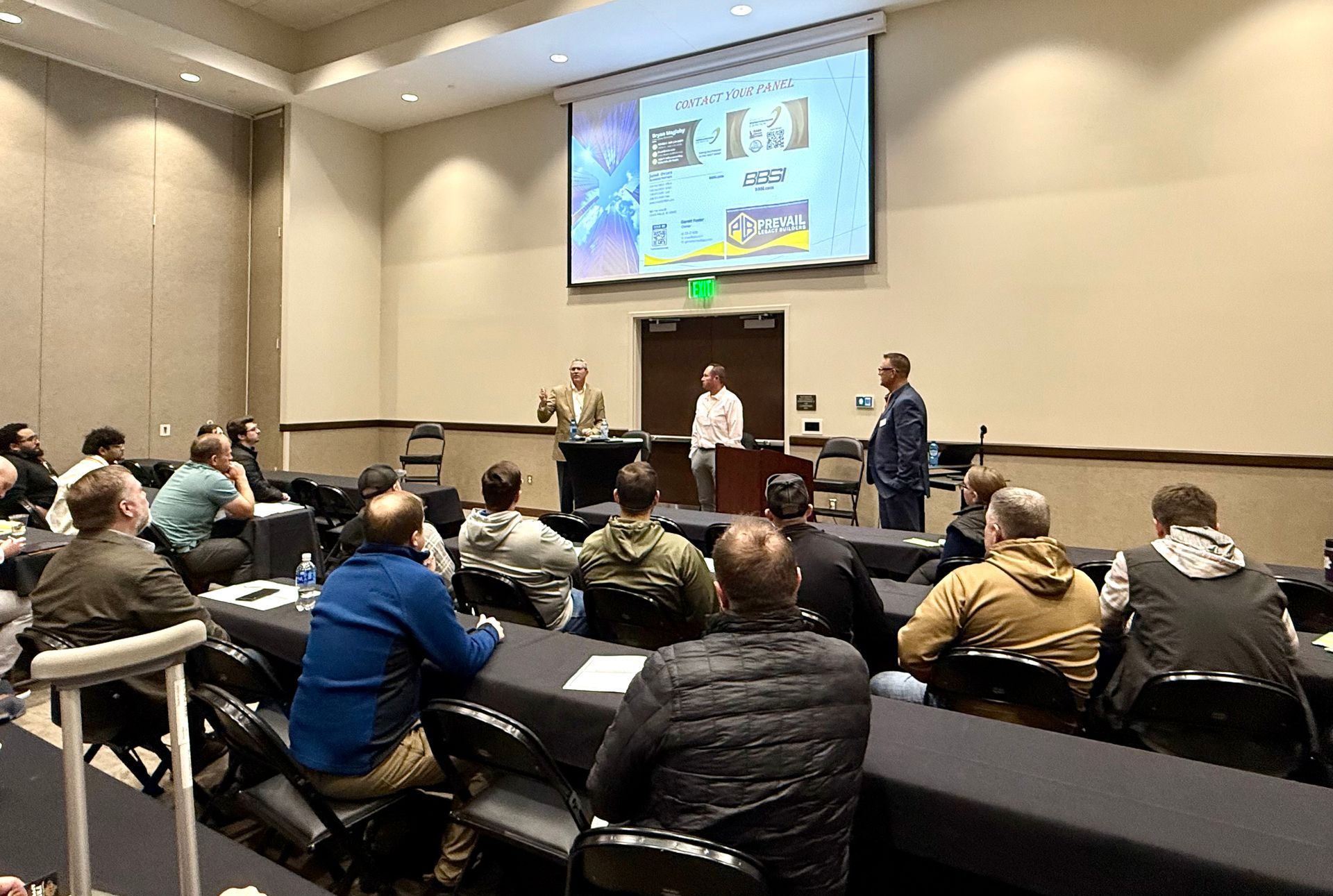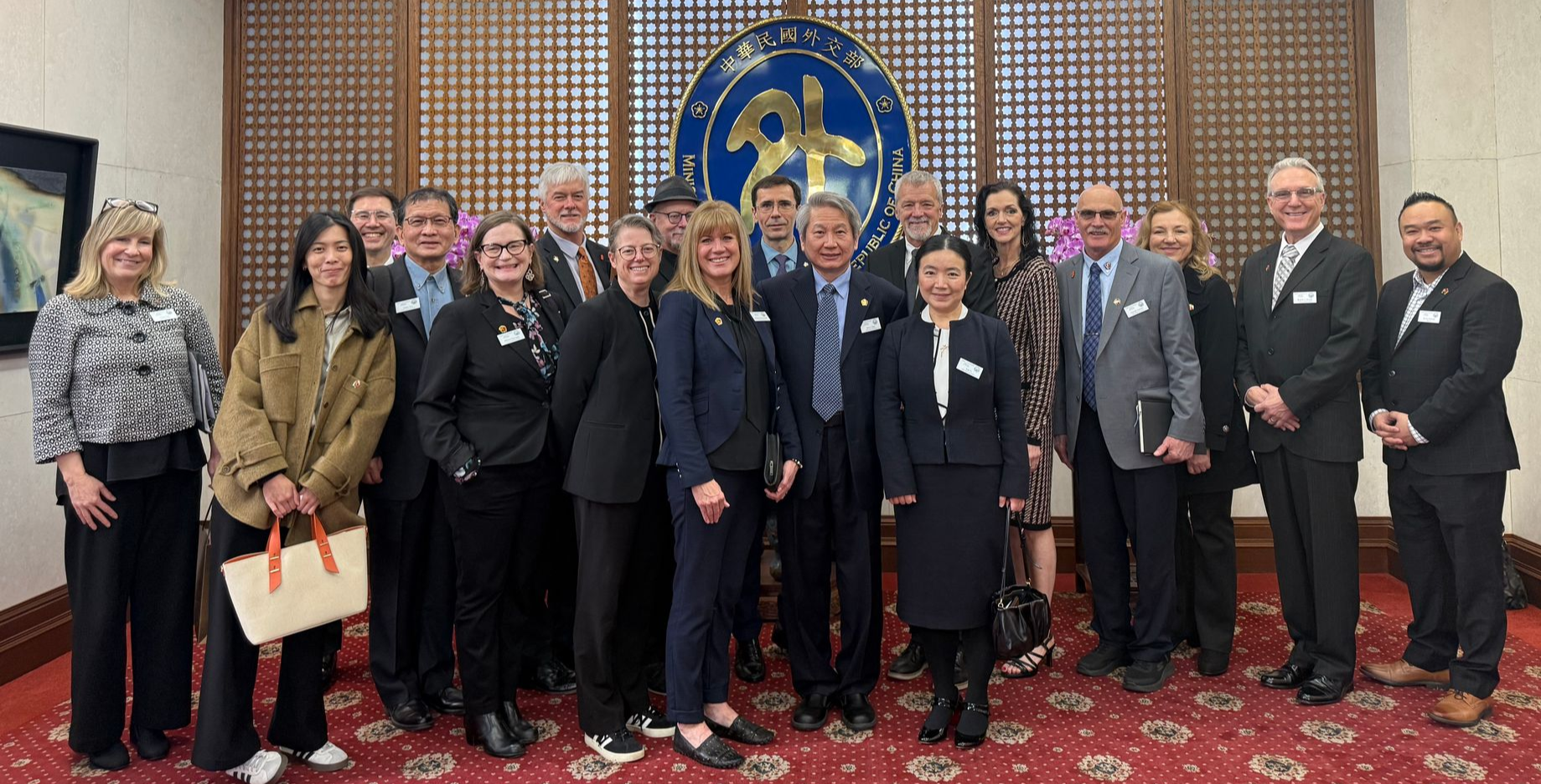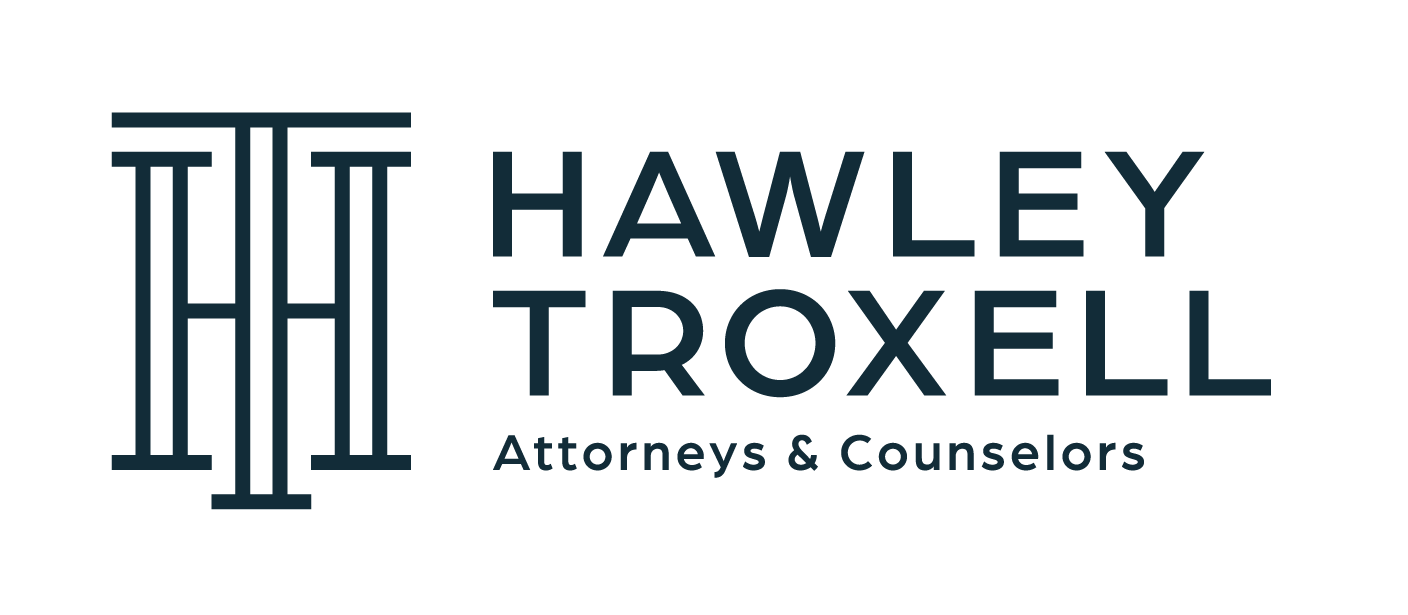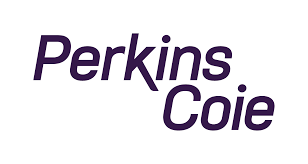Introducing Brian de la Motte, Founder & CEO of Hidden Mountain Data
Describe the business/organization you work for
Hidden Mountain Data is a boutique consulting company specializing in software, data, and cloud.
What inspired you to start your own business, or why did you decide to work for this specific
organization?
One of my earliest jobs was with a small startup in Idaho, a role that sparked my dream of becoming a business owner and innovator. As a kid, I was captivated by Thomas Edison and his drive to invent, a fascination that stayed with me as I gained experience across various tech roles, including with large tech companies.
However, something always felt missing. Many big tech environments often prioritize politics over people, whereas here in Idaho, we focus on mutual respect and getting the job done professionally. This Idaho spirit has deeply shaped my approach to innovation.
After helping dozens of companies bring their ideas to life, I recently realized that, in a way, I’m living my childhood dream. While I’m not inventing in the traditional sense, I’m using my skills to help others build and refine their own groundbreaking solutions, making an impact in my community through technology..
What sets this business apart from others in the industry?
We often take on last-mile projects, helping clients reach that final 10% needed to cross the finish line. Rather than discarding existing work and starting from scratch, we refine and enhance, treating each project as if it were our own business. We emphasize understanding business logic before writing a single line of code—because effective communication often matters as much as the code itself.
When we build software, we bring together our collective expertise to create robust, scalable solutions. Quality data is essential to building great software and AI, which is why we embed it deeply in everything we create. Anyone can build an app, but ensuring it scales smoothly to thousands of users without needing a complete rewrite—that’s the level of excellence we deliver in every product.
What challenges have you faced as a business owner or employee, and how did you overcome them?
Learning nontechnical skills has been one of my biggest challenges. While I’ve always been an extroverted engineer, sales and marketing were new territories for me, and I've had to tackle them through trial and error, pushing myself out of my comfort zone. My greatest weakness has been impatience and wrestling with my inner critic—but I’m fortunate to have a great co-founder and COO who brings patience and balance. We lift each other up when one of us is feeling low.
The first year was the toughest, with unexpected challenges constantly popping up, adding immense stress—much of it due to my own overthinking. But each challenge has strengthened my resilience and thickened my skin. I now try to treat every crisis as a learning opportunity, making sure we don’t let any lessons go to waste. When we make mistakes, we return to the drawing board and ask ourselves how we can avoid relearning that lesson in the future.
What advice would you give to someone looking to join your industry?
Ask as many questions as you can—even the ones that feel “dumb.” Seek input from others, ask for mentorship, and don’t hesitate to say what’s on your mind. Join a community, or if one doesn’t exist, start your own meetup with others who share your interest in the field. Be sure this is the industry you want, because it moves incredibly fast. Even seasoned professionals are learning new things every day. Embrace that pace and be prepared to keep growing.
Connect with Brian on LinkedIn HERE
Check out Hidden Mountain Data on their website HERE
Join Hidden Mountain Data at Kiln Meridian for Hackfort Happy Hour! INFO HERE
